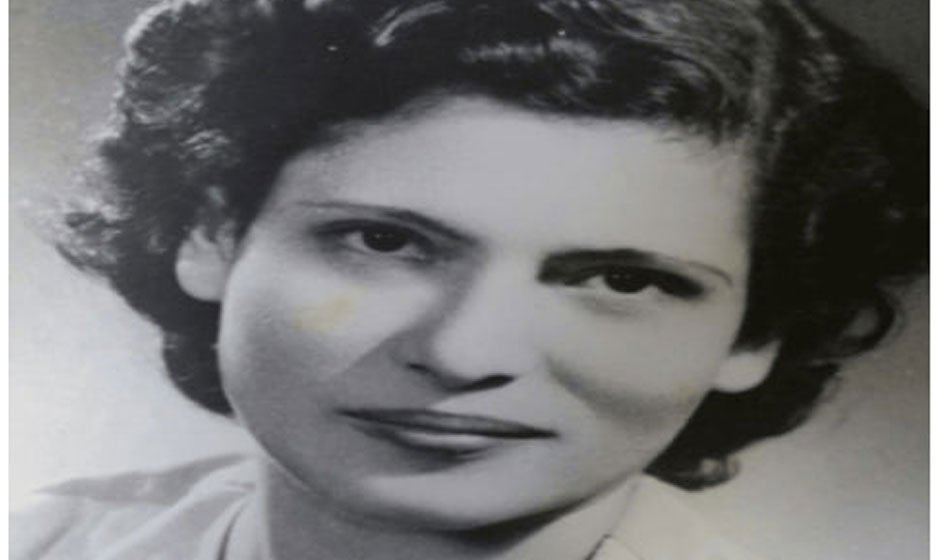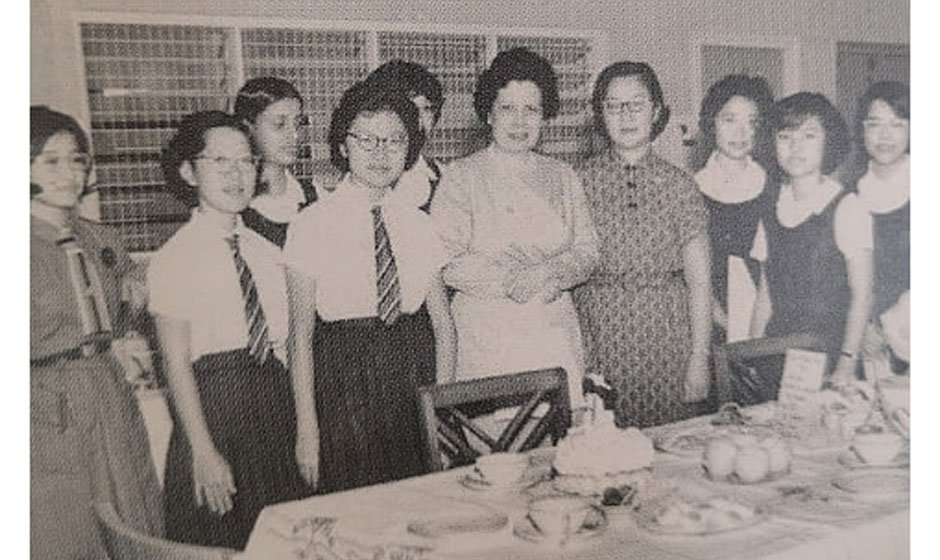Boel Forge’s Early Life, Education, Career in Academia, and Transition to Public Service

Boel Forge is a popular figure in Swedish academia and public service, known for her contributions to educational leadership, public administration, and organizational development. With a career characterized by vision and ethical leadership, Forge has become a respected name both in academia and government. With her policy work and mentoring, she has helped shape institutions and prepared future leaders for leadership roles.
Early Life and Education
Boel Forge was raised in Sweden, where academic excellence and civic responsibility were stressed early on in her schooling. Being raised in an education and service oriented family led her to a lifelong passion for learning and a respect for public institutions in society. Her academic journey took her through some of Sweden’s prestigious institutions, where she pursued studies that combined her interests in administration, law, and ethics.
Forge’s education prepared her for her future endeavors – she gained an appreciation of organizational structures as well as the importance of effective leadership. Advanced studies in governance and public administration followed later. Her academic background prepared her to handle complex issues in academia and government with a well-rounded perspective.

Career in Academia
The first professional experience Forge had was in academia. Her roles included teaching, research, and eventually, administration. She held key positions as an educator and an innovator in various educational institutions. Forge’s leadership style emphasized transparency, ethical decision-making, and inclusivity. Her work in student welfare and academic integrity helped her to build a reputation for trust and excellence in her institutions.
Forge has developed frameworks for better governance and management in education. Her work frequently considers how institutions can serve as models of integrity and accountability. Throughout her career, Forge has mentored many students and young professionals. Dedicated to creating a healthy academic climate, she’s become an example when it comes to educational leadership.
Transition to Public Service
After success in academia, Forge returned to public service, where she continued to make an impact. In public administration, she applied her academic knowledge and leadership to public institutions, focusing on policies that promoted transparency, efficiency, and inclusion. In many cases, Forge worked with government officials and other stakeholders, finding common ground and finding sustainable solutions.
One of Forge’s most notable contributions in public service has been her focus on ethical governance. Her policies have reduced bureaucratic inefficiency and raised public accountability. Her ability to combine academic excellence with concrete actionable solutions has earned her acclaim in public administration circles, where her contributions have often made a lasting difference.
Personal Philosophy
Boel Forge approaches her work from a personal philosophy of ethical leadership, inclusion, and community engagement. She believes public institutions should be beacons of integrity and that leaders are stewards of public trust. Her commitment to these values has made her a sought-after voice in discussions on public policy and institutional ethics.





